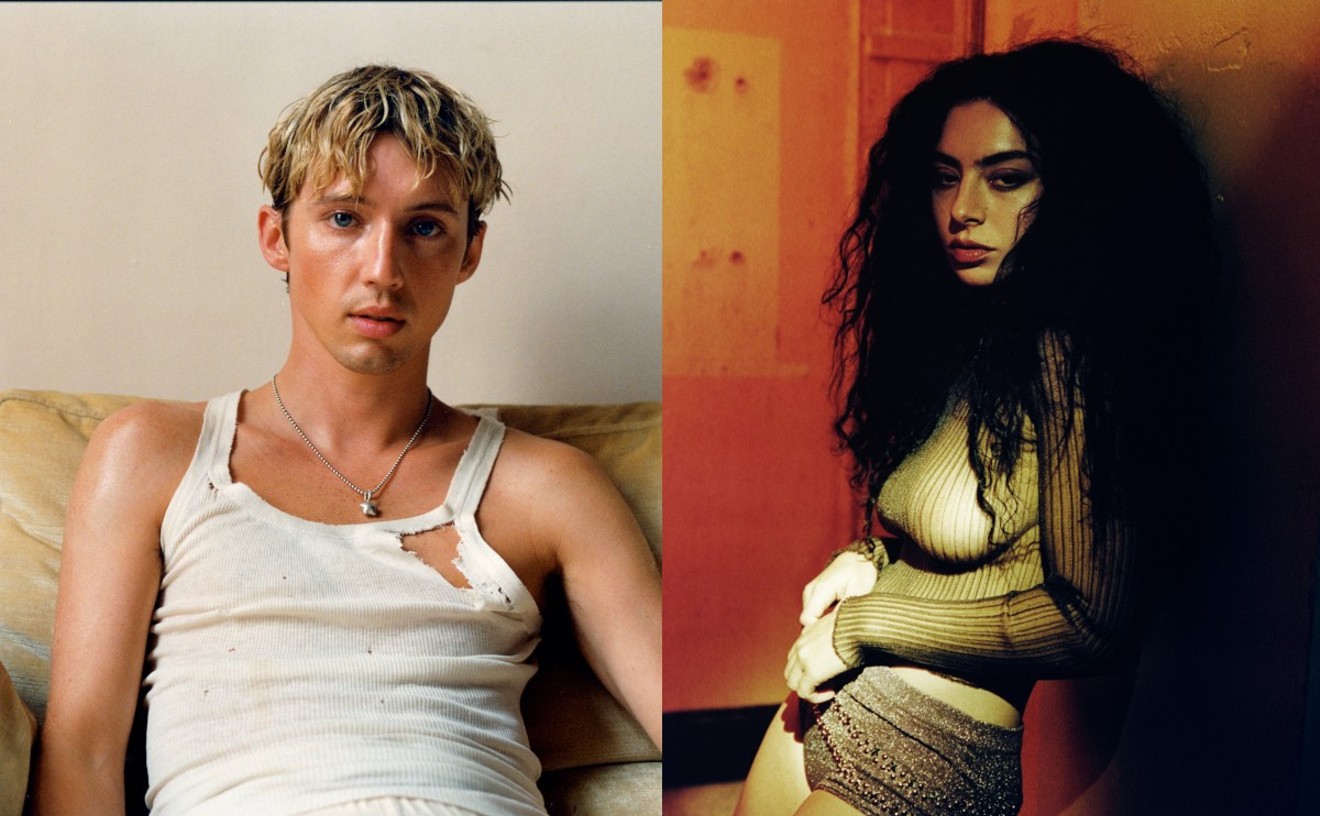1998 was also the year that America was introduced to Brooklyn MC Talib Kweli. Along with Mos Def, Kweli was part of the seminal underground hip-hop group Black Star, a name taken from the shipping line founded by Marcus Garvey to deliver the African diaspora back to the motherland. On their self-titled debut, the duo dealt with issues of reparations, racial segregation, and the role of hip-hop in black America.
Outside of maybe Kanye West and Common, those aren´t topics normally broached by mainstream MCs. They are, however, ones that Kweli has returned to throughout his career.
¨When I first came into the game, lyrics and art were a lot more respected than they are now,¨ Kweli says. ¨Now what people respect is your hustle and ambition. At the time, I just wanted to rap and have people tell me that I was dope. It was all I really cared about.¨
We´ve come a long way since those days — and it hasn´t necessarily been progress. After a surge of social awareness following Hurricane Katrina, the reality is that hip-hop is returning to its standard money-mad mentality. Most recently, Dipset general Cam´ron was shot in D.C., 50 Cent aligned himself with George Bush, and in a recent issue of hip-hop bible Murder Dog, one of hip-hop´s most talented new MCs, Young Jeezy, declared he wasn´t a rapper as much as he was a hustler.
But wasn´t the hustler-first, rapper-second mentality what got us into trouble in the first place?
¨Now that´s the norm; it´s what everyone says,¨ according to Kweli. ¨I think it´s good for young black men to take control and be ambitious, to take something that belongs to them and make some money off of it. But with that said, I think that if the artistic integrity is allowed to fall too far, there will be nothing more to hang on to. It´ll be worthless.¨
Pressed further, Kweli provides an appropriate metaphor for the state of hip-hop: ¨I see people with these big, gaudy diamonds with all this color in them. The diamonds are huge, but they have imperfections in them, and they´re not worth as much as the smaller diamond that´s perfect.¨
But though Kweli is critical of their semantics and points of reference, he believes the artistry and entrepreneurial spirit of these artists is well-placed.
¨Hip-hop has transcended the rhetoric of saying it´s a lifestyle and has truly become one. You have real entrepreneurs and real moguls. Jeezy and the others´ intention may not be to contribute to the genre, and that´s what they´re saying, that their intentions are only to contribute to their well-being. But you can tell that they got a love for it. So a lot of what they´re saying is just posing, bravado, and posturing. Trust me, Young Jeezy loves hip-hop just as much as the next dude. He wouldn´t be as talented as he is if he wasn´t paying close attention to it.¨
Realizing that equity is the next step after equality, Kweli recently began his own label, Blacksmith Records. Kweli´s album Right About Now marks the label´s first release. Although the album lacks the polish of some of Kweli´s previous work — he considers it more of a mixtape than an official CD — there´s still plenty of social insight coming from a very personal place, a place Kweli can hardly avoid. ¨Music doesn´t get much better than when you´re honest about it,¨ he says.
Personal integrity and honesty may be hard values to reconcile with pop culture´s ever-growing demand for sexual bombast and ghetto fantasy, but Kweli is optimistic. ¨The future of rap is going to be people coming from a street perspective without having to act ignorant,¨ he says. ¨We´ve been there and done that, and now I have a brighter vision of the future. And artists with that mentality are going to be the vanguard of hip-hop´s future.¨
For those of us who listen to the radio and watch MTV2, it may be hard to share his vision, but it can´t hurt to give it one more shot.










